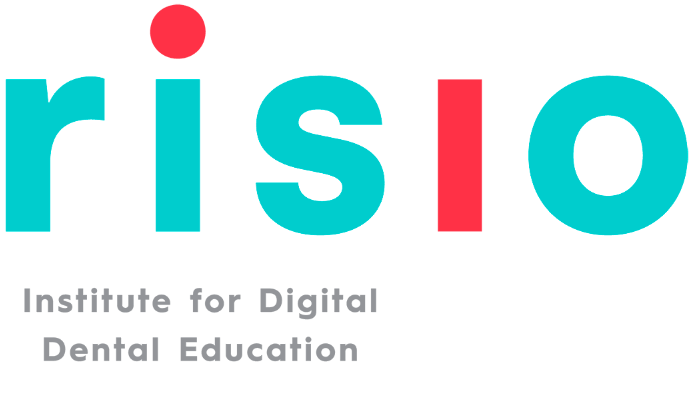So, you’re interested in a career as a dental assistant—good for you! Dental assisting offers stability, strong potential for growth, and a way to measurably improve the lives of others with your work. Of course, it also requires a variety of skills. While Risio’s dental assistant training program can help you develop the “hard” skills you’ll need to perform your duties (such as taking X-rays, preparing dental materials, and disinfecting instruments), you’ll also have to develop numerous “soft” skills through intention and regular practice.
Below, we’ve identified 10 skills the most successful dental assistants bring to their work—as well as the kinds of situations in which you might need to use them. Read on, and learn all about how developing these capabilities can give you an edge in your career.
See also:

1. Organization
One of the most important skills for dental assistants to have by far is the ability to stay organized. Remember: when a dentist in your practice needs a tool or has to refer to a patient’s data, you’re the one who needs to know where it is and make sure it’s ready for them.
When your practice is busy and each day is full of appointments for patients with different needs, that means there’s a lot to keep track of. The most successful dental assistants have the ability to think several steps ahead and keep track of numerous moving parts at any given moment.
2. Written & Oral Communication
Dental assistants are often the primary point of contact for patients who visit a practice, which means you’ve got to be good at explaining things to them. If you want to be a successful dental assistant, you should be able to clearly state what’s going to happen during a patient’s visit, how long it will take, and any other information they need to be aware of so they aren’t unprepared or unpleasantly surprised.
You may also be responsible for recording data from an exam or providing details of appointments to patients via email—so strong writing skills are important as well.
3. Computer Proficiency
Dental assistants aren’t just responsible for activities that take place inside exam rooms. In many practices, they’re also responsible for digitally archiving and managing patient information. That means successful dental assistants need to know how to use CRM software and standard workplace computer programs like Microsoft Office.
4. Time Management
When patients make appointments at a dental practice, they expect to be seen on time. That said, it’s vital to make sure exam rooms and instruments are prepped on schedule for each patient’s arrival. Strong dental assistants are able to remain aware of their practice’s schedule each day—they know when each patient will show up, what kind of treatment they’ll be receiving, and what instruments will be needed for the procedure. Then they find time to make sure everything’s ready to go before the appointment starts.
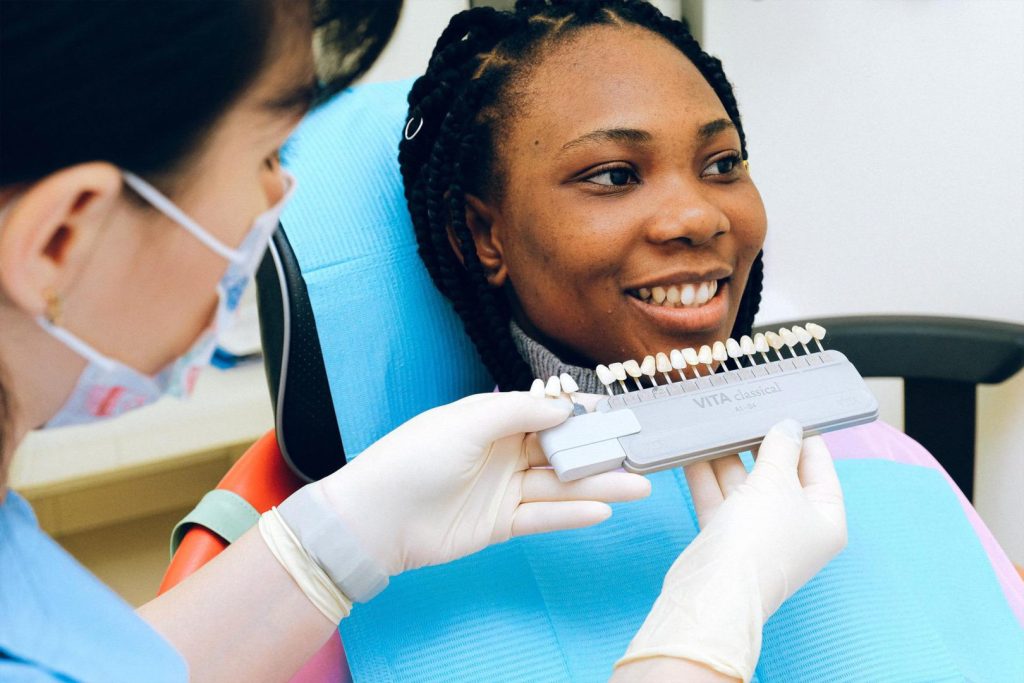
Via Pexels
5. Listening
Dental patients do a fair amount of talking during most appointments. Sometimes, they need to communicate discomfort or other sensations during cleanings, X-rays, or fluoride treatments, which can help dental assistants refine and improve their techniques to provide a better experience. But sometimes, patients just need to make conversation during an appointment in order to feel safe and comfortable in the exam room. You’ll be a better dental assistant if you’re able to listen to them genuinely—it improves patient experience by a lot.
6. Multitasking
Of course, just because you’re listening to a patient tell you about their day doesn’t mean you’ll have time to stand around—you’ll still need to be preparing the correct dental materials for their appointment. So while the best dental assistants have sharp social skills, they’re also dynamic individuals who can do more than one thing at once.
7. Empathy
Remember also that sociability isn’t the same thing as depth. It’s not always enough to be able to carry on a conversation with your patient; sometimes you need to be able to put yourself in their position so you can really make them feel heard and respected.
A dental assistant who responds dismissively to a patient’s anxiety about having their teeth cleaned will likely put the patient on edge, making them less excited to revisit the practice in the future. On the other hand, dental assistants who take patient concerns seriously create a warmer and more welcoming environment that invites repeat visits.
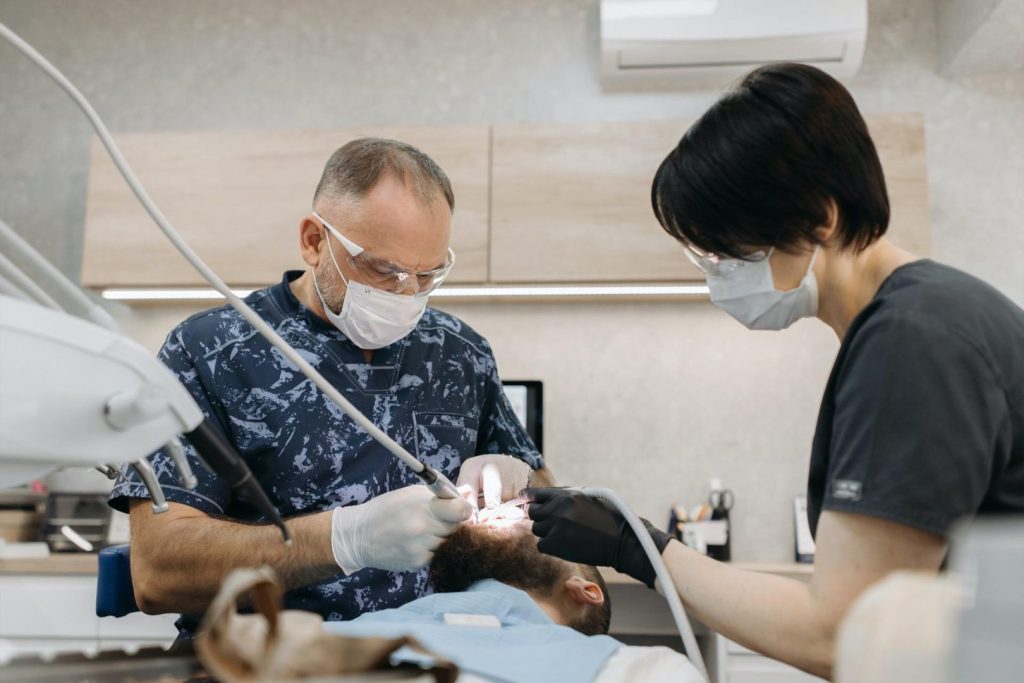
Via Pexels
8. Discipline
Dental assistants need to provide support for dentists, so they have to be good at following instructions. That requires more than just good listening skills; it also takes intuition and an ability to read between the lines.
Dentists don’t always have time to repeat themselves or spell things out during a procedure—and constantly asking for clarification in front of a patient can come across as a lack of confidence in what you’re doing, which negatively impacts their experience. The best dental assistants pay attention to how the dentists they work with speak and what their preferred methods for doing things are, so that they can anticipate their needs and understand their instructions easily.
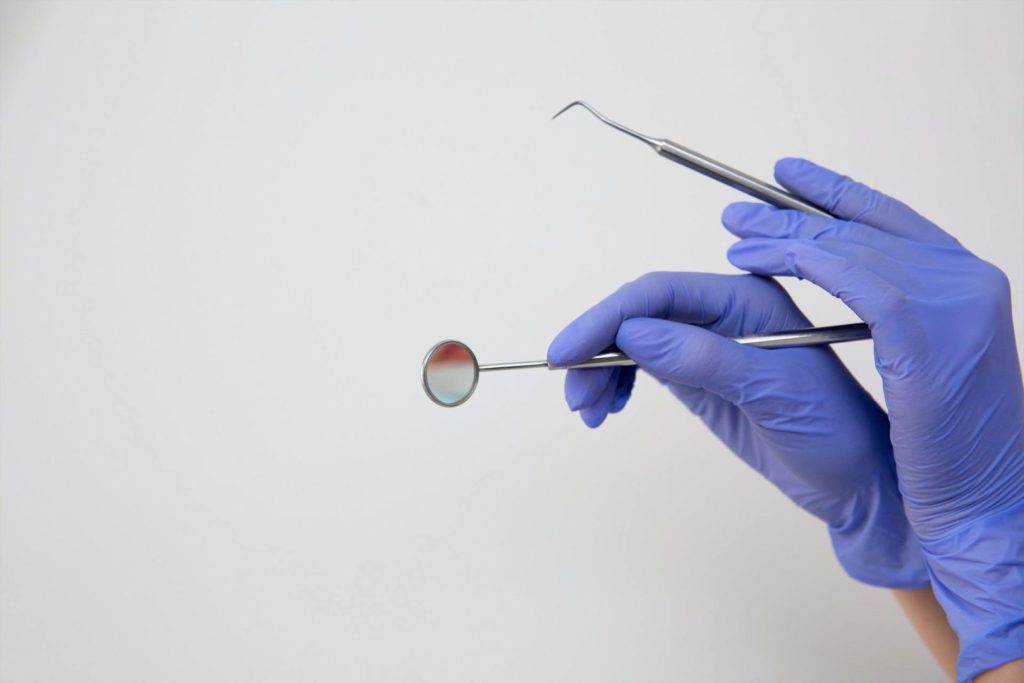
Via Pexels
9. Good Judgement
That said, as a dental assistant, you’re more than just an extra pair of hands. You have specialized skills and knowledge, which means that sometimes you’ll have to make a call about the best way to handle a specific situation.
Your Risio training will teach you what to consider when making decisions under pressure, but the ability to keep a cool head and think clearly under pressure will help you access and apply that knowledge consistently.
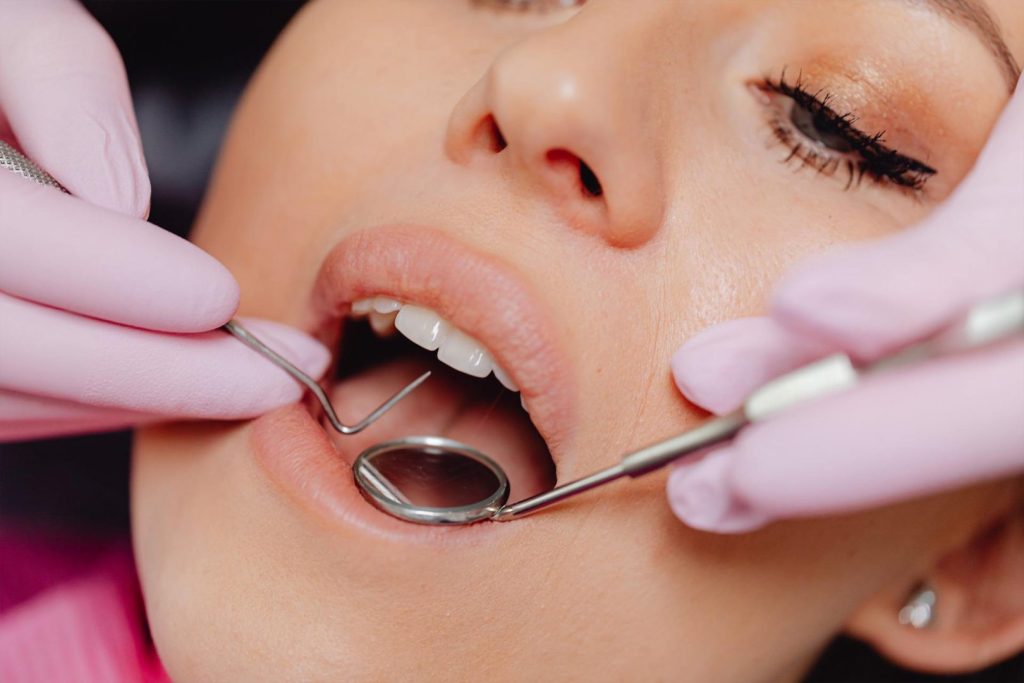
Via Pexels
10. Physical Dexterity
Last (but certainly not least), dental assistants need to have strong eye-hand coordination and strong control of their fine motor functions. These skills will allow you to manoeuvre precision instruments like handpieces, cord packers, and impression trays inside a patient’s mouth without causing irritation, discomfort, or pain for them during their visit, and will help you perform tasks more efficiently.
Developing Your Dental Assistant Skills
Risio will give you training and experience with specific on-the-job tasks like taking preliminary impressions, suture removal, and applying topical anaesthetic. But our clinical modules and 120-hour practicum also give you real-world experience working in a professional environment so you can hone the skills above and be the kind of dental assistant practices across Canada want to hire.
Our free online course can give you more details about the skills and knowledge you’ll need to make it as a dental assistant. Signing up takes just a few seconds, and is an easy way to find out how the skills above will contribute to your success.
